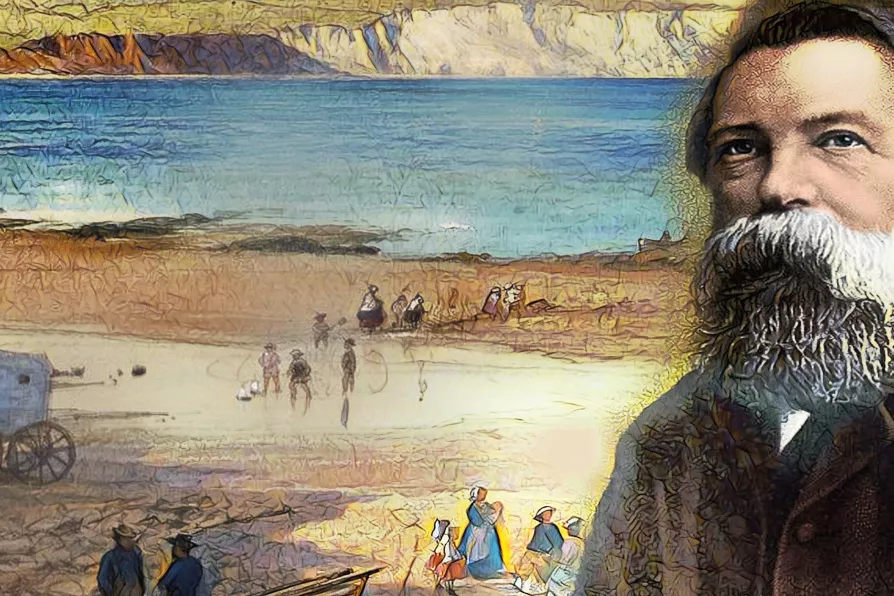Data on regional deprivation in England shows us an unequal society, but what to do about it remains unanswered argue ROX MIDDLETON, LIAM SHAW and MIRIAM GAUNTLETT


MARX AND ENGELS were frequent visitors to a range of English seaside resorts, primarily in Kent and Sussex. The east coast was also a consideration.
Marx favoured Margate and Ramsgate and in later life Ventnor.
Engels ranged more widely. His liking for Eastbourne is well known but he spent time at a number of south coast locations including Brighton, Worthing and Littlehampton. Correspondence reveals him often searching for a source of Pilsner beer to enjoy.

The summer saw the co-founders of modern communism travelling from Ramsgate to Neuenahr to Scotland in search of good weather, good health and good newspapers in the reading rooms, writes KEITH FLETT

While Hardie, MacDonald and Wilson faced down war pressure from their own Establishment, today’s leadership appears to have forgotten that opposing imperial adventures has historically defined Labour’s moral authority, writes KEITH FLETT












